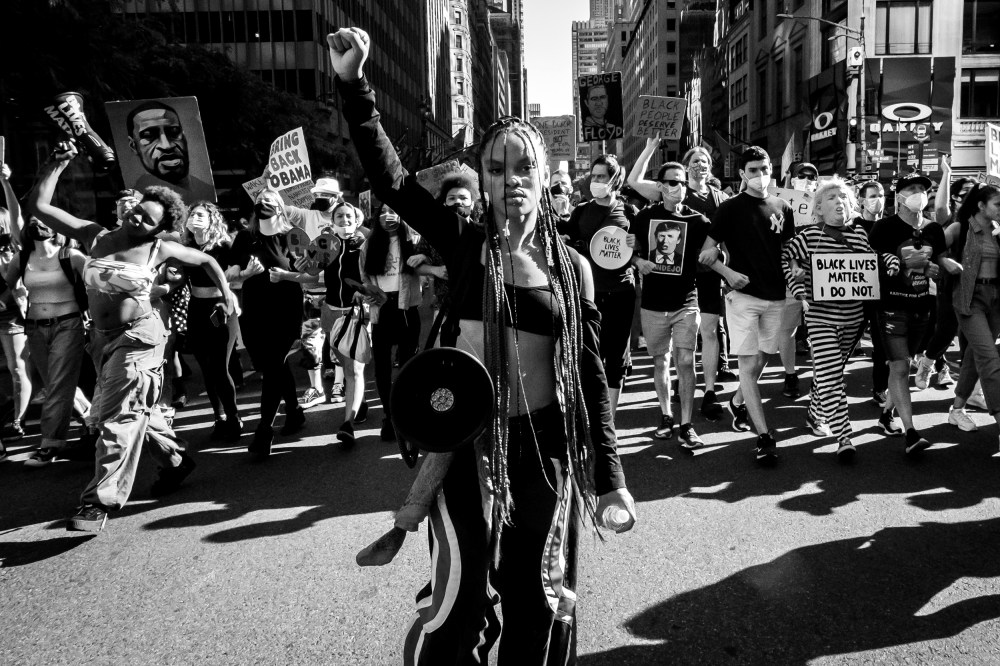Since the inception of this nation, the Black vote has been denied, systematically suppressed, then dismissed, taken for granted — and suppressed some more.
The 2020 election cycle proved this hasn’t changed as much as we want to believe, as we saw deceptive schemes taking place across the country that were specifically designed to disenfranchise Black voters.
It was overwhelmingly Black voters who persevered in spite of every roadblock strategically placed before them.
As the most loyal voting block and the one that literally saved our democracy during such a critical moment, we must receive a return on our investment in a Biden-Harris administration. A starting point would be passing the George Floyd Justice in Policing Act and the John Lewis Voting Right Act, as well as increasing broadband access in our communities and expanding the Affordable Care Act.
During his evening address last Saturday, Biden stated: “Especially those moments when this campaign was at its lowest ebb, the African American community stood up again for me. You’ve always had my back and I will have yours.”

He is absolutely correct about that first part. Despite these measures and despite tremendously long lines at voting locations, and despite attempts to delay and discount record numbers of mail-in ballots, Black voters delivered President-elect Joe Biden a victory. It was Black voters in South Carolina who delivered a victory for Biden in the primaries, and once again Black voters came through in the general election in cities like Philadelphia, Atlanta and Detroit and in many suburbs to push Biden across the finish line.
We did so because we knew just how crucial this election was for everything from civil rights and voting rights to police reform and racial equality. The Black community has been the backbone of the Democratic Party, and our concerns must take priority in the new administration. Whether it’s criminal justice reform, restoring voting rights, access to quality health care, ending the digital divide, educational equality or more, tackling these challenges should be at the top of the list.
My colleagues and I at the National Action Network have worked for decades to combat police brutality and advocate for systemic changes. In June, there was a glimmer of hope when the House passed the George Floyd Justice in Policing Act, but the bill unfortunately stalled in the Senate. The act, which includes a call to end qualified immunity for officers, ban chokeholds and no knock warrants, and requires officers to wear body cameras, faced intense opposition from Republican leadership including Senate Majority Leader Mitch McConnell, R-Ky., and President Donald Trump himself.
Democratic control of the Senate is crucial if this legislation is to become law, but who sits in the Oval Office is extremely important as well. A Justice Department under a Biden presidency can begin to take appropriate measures for reform as well.
In 2013, the Supreme Court virtually gutted the Voting Rights Act when it struck down Section 5 of the act.
In 2013, the Supreme Court virtually gutted the Voting Rights Act when it struck down Section 5 of the act, which required jurisdictions to receive federal approval before making any changes to their election laws. This effectively opened the floodgates to various voter suppression tactics in different states like the elimination of some voting locations, strict voter ID laws, an end to early voting periods and more.













